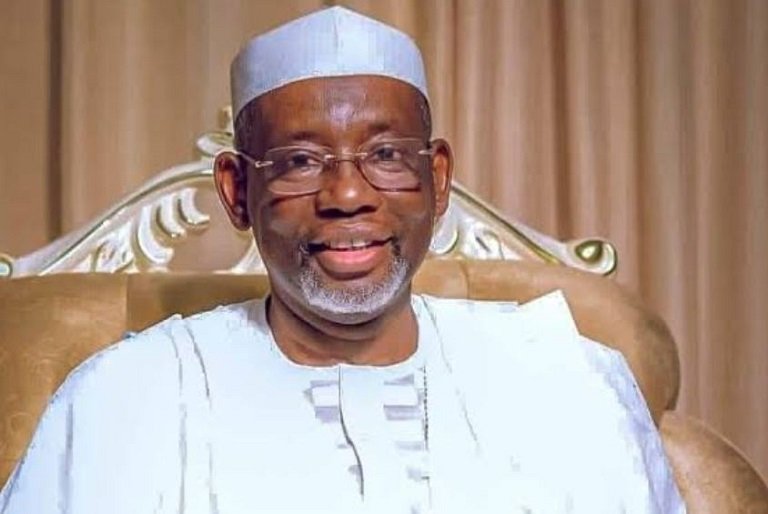The President Bola Tinubu-led federal government has announced Thursday, March 14, 2024, for the commencement of the student loan scheme.
Mr. Ajuri Ngelale, Special Adviser to the President on Media and Publicity, stated this on Sunday during TVC’s Politics on Sunday.
On the programme titled ‘Counting the Cost of President Tinubu’s Reforms,’ Ngelale highlighted some of the President’s welfare initiatives being implemented at the moment, saying, “Later this week, on Thursday, the President will launch the historic National Student Loan Programme.”
“This is a major form of obligation reduction for Nigerians, families, and young people at a time when Nigerians are feeling the pinch. We believe this is the way to go,” he added.
Tinubu signed the Access to Higher Education Act, 2023, into law on June 12, 2023, allowing impoverished students to obtain interest-free loans to further their study at any Nigerian higher institution.
The move was in “fulfilment of one of his campaign promises to liberalise funding for education,” a member of the then Presidential Strategy Team, Dele Alake, said.
The Act, also known as the Student Loan Law, established the Nigerian Education Loan Fund, which will oversee all loan requests, awards, payouts, and recovery.
The administration initially stated that it would take effect in September; however, it did not. It later rescheduled the takeoff for January, but that also did not happen.
The President requested N50 billion for its launch in the 2024 budget, which he presented to the National Assembly in November.
On February 7, Dr. Akintunde Sawyerr, Executive Secretary of the Nigeria Education Loan Fund, confirmed to our correspondent that the much-anticipated plan would go live on February 21, when President Tinubu launched it at the State House in Abuja.
However, the launch was postponed, with Sawyerr and Presidency officials claiming that the delay was to allow the fund to broaden its scope to include students requesting loans for skill development, as authorised by the President.
On January 22, after receiving a briefing from the NELFUND team led by Minister of State for Education Dr. Yusuf Sununu, the President instructed the fund to provide interest-free loans to Nigerian students pursuing skill-development programmes.
Tinubu justified his decision on the need for the system to accommodate those who do not choose to pursue a university education, stating that skill acquisition is just as important as getting undergraduate and graduate academic credentials.
“This is not an exclusive programme. It is catering to all of our young people. Young Nigerians are gifted in different areas,” he said.
Mr. Bayo Onanuga, the President’s Special Adviser on Information and Strategy, had told newsmen that the delay was linked to this directive.
“Don’t forget that the last time they met, the President asked them to go and expand their mandate to include those who want to learn vocational skills. That could be the reason why the whole thing was delayed; they had to increase the scope,” Onanuga said.
On Saturday, Sawyerr also told newsmen that the delay was due to unperfected backend systems to power the application process, as the scheme is “entirely technologically driven.”
He said, “The delay in take-off was basically to enable the agency to put all necessary measures in place as the scheme is entirely technologically driven.”











